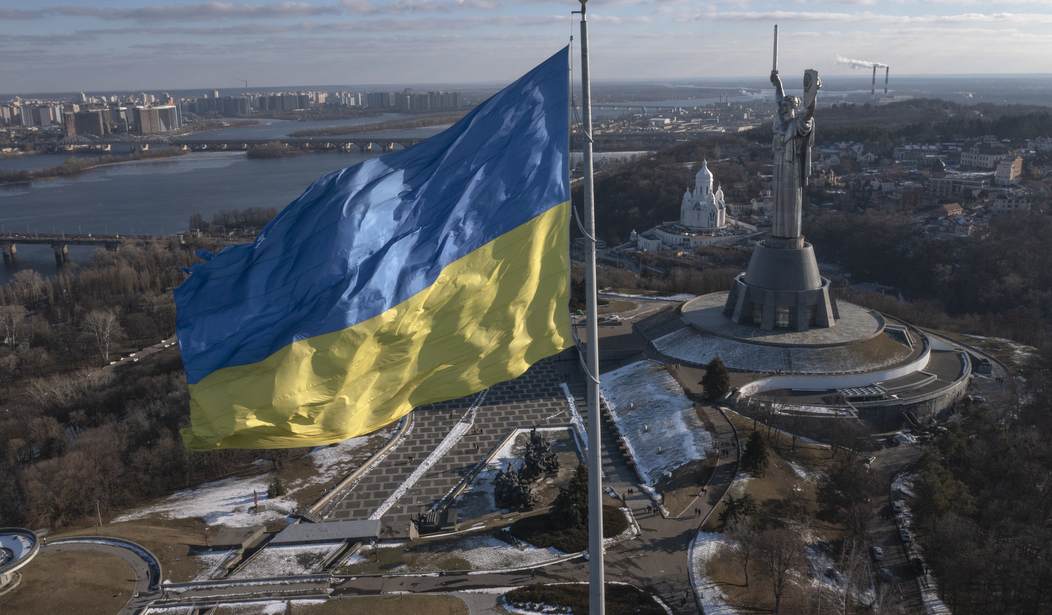In early World War II, on Nov. 30, 1939, a Soviet-Russian army invaded Finland in a surprise massive attack. The Finns were eventually outnumbered nearly 3 to 1. The population of the Soviet Union in 1940 was 50 times larger than that of Finland's.
Finland's former anti-Soviet ally, Nazi Germany, had sold it out under the August 1939 Molotov-Ribbentrop Pact, which made Germany and Russia de facto allies.
Finland's other allies, particularly France and Britain, were slow in giving aid. Both were unsure whether Finland had any chance of survival. And they were further confused as to whether their archenemy Germany was friendly or hostile to Finland.
Yet for nearly the next four months, the Finns fought ferociously. They were led brilliantly by their iconic general and commander-in-chief, Carl Mannerheim.
By March 1940, however, the brave but exhausted Finns were being slowly ground down. Soon they were facing abject defeat--even after courageously inflicting nearly 500,000 Russian causalities, ten times the number of their own dead, wounded, and missing.
Finnish ferocity shocked Soviet dictator Joseph Stalin. Eventually, he was willing to abandon his original objective of controlling, if not annexing, Finland--in exchange for stealing 9 percent of Finland's territory.
Mannerheim reluctantly took the deal, stopped the war, and saved an autonomous Finland.
The fallout from the Winter War directly influenced World War II.
After the Soviet humiliation in Finland, Hitler mistakenly perceived Stalin's Red Army as a paper tiger. Accordingly, he would miscalculate disastrously by invading the Soviet Union little more than a year later.
Recommended
Later in World War II, the Finns eventually fought alongside Hitler but were careful not to invade Russia or fight on Russian ground--just in case Germany failed to win the war and they were left to again confront an ascendant Red Army.
Yet after World War II, Stalin was still careful not to attack Finland, given the debacle of 1939-40.
In 1945, General Mannerheim was able to negotiate for a neutral, independent Finland nation. Yet, given his huge, paranoid, and inimical Soviet neighbor, he was careful not to openly side with the West.
Is any lesson from the Winter War applicable to the current Ukrainian conflict?
One, drawn-out heroic resistance to the Russian juggernaut wins a nation global praise, but not necessarily enough weapons or manpower to overcome the huge disparity of forces.
The European elation at Finland's initial success mirrors the global admiration for the Ukrainian efforts to save Kyiv in 2022.
Two, the Russian Army has a long history of starting poorly in its wars. But after months of mismanagement, incompetence, and massive losses, its brutal command eventually readjusts. It then marshals the vast manpower and territorial power of Russia to slowly grind down a smaller enemy.
Charles XII of Sweden, Napoleon, and Hitler all learned that fighting in or near Russia starts out well but usually ends badly. The Ukrainian winter ebullition of March 2022 has now descended into a bitter Verdun-like 2024 summer stalemate.
Three, smaller border nations facing Russian aggression cannot count on allied pledges of massive aid. In 1939, Finland was not helped much by France, Britain, or America. And Ukraine is learning that current foreign aid has a definite shelf life.
Four, both the media and Western democracies may lionize brave countries fighting against Russian aggression, as seen in 1939 and again in 2022, but they also sometimes fool themselves into thinking that brilliant tactical successes will always translate into ultimate strategic victories.
Five, smart leaders use their surprising initial successful resistance to leverage a peace with Russia--despite the reality that required concessions often result in the loss of some currently Russian-occupied territory. Mannerheim lost 9% of Finland but saved his nation.
In late March 2022, Ukrainian President Volodymyr Zelensky was purported to be considering negotiations with a reeling Russia--reportedly by conceding that it would be impossible to recover by force the Donbass and Crimea lost to Russia in 2014.
Six, a fully armed Finland, under capable leadership, established lasting deterrence, even against Stalin's brutal Red Army. Ukraine's heroic defense has stunned Putin. Most of Russia's population considers the 2022 surprise invasion a terrible mistake--and apparently Ukraine too tough a neighbor to repeat such a blunder.
Carl Mannerheim is still considered Finland's greatest leader--indominable in war and yet enough of a realist to end a war and to survive next to an aggressive and dangerous Russia.
Zelensky might do well by studying the career of Mannerheim and how, with dignity, he saved Finland from the Russian meatgrinder.

























Join the conversation as a VIP Member